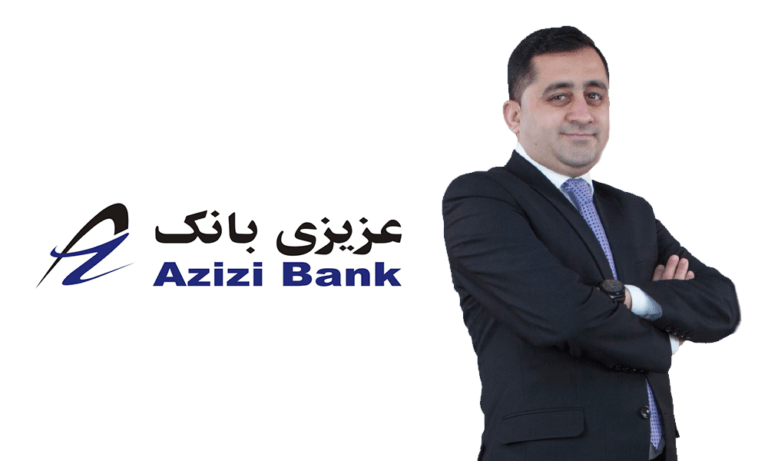
Dr Ardin Ramani, PhD, founder and CEO of Akadia Group
It’s common knowledge that gaining startup funding is hard. Venture capital (VC) has easily become the dominant model, which leaves startups fighting to prove their worth. And only those that fit within the perceived ideals of the established funding norms have any chance to shine. Marginalising and narrowly focused, VC funding is a system without fairness, that is long overdue an overhaul.
What’s gone wrong with VC funding
Venture capital has dominated the startup landscape for so long that its shortcomings are overlooked. But in prioritising rapid growth and scale over sustainability and inclusion, it serves only a small fraction of businesses. To succeed, startups must position themselves as high-growth, tech-driven disruptors with the potential for massive returns, leaving the socially-driven businesses, and those with founders who don’t fit the expected mould to fend for themselves. As a result, even promising ventures can be excluded from the investment ecosystem, regardless of their long-term potential or the talent of their founders.
And even when VC backing is secured, it’s rarely all good news. Founders often give up significant equity and control in exchange for capital, compromising the very vision that inspired them to build their businesses in the first place. The entrepreneurial dream can quickly feel like a trade-off, so it’s no surprise that many startups are now looking for alternatives. Ways to raise capital without surrendering ownership or autonomy. The question is: what funding models can support founders without forcing them to contort themselves into the VC approach?
The evolving funding landscape
As startups grow increasingly frustrated with the loss of control and systemic biases tied to venture capital, the broader funding environment is also undergoing change. With increased market volatility, rising interest rates, and tighter scrutiny on investments, VC funding is not only harder to access, it’s also losing its appeal for many founders. So, what alternatives exist for startups seeking a more balanced and sustainable funding path?
Revenue-based finance
Revenue-based finance (RBF)has gained traction in recent years, as a flexible, founder-friendly option. Rather than giving up equity, startups agree to repay investors through a fixed percentage of their monthly revenue until the investment is paid back, typically with a capped return. This approach preserves ownership and aligns investor returns with real business performance, rather than theoretical projections.
Strategic angel investment
Angel investors present another interesting route. One of their greatest assets is that they often bring more than just money. The right angels offer sector-specific expertise, valuable networks, and mentorship. Compared to traditional VCs, they’re also often more tolerant of experimentation and long-term goals.
Crowdfunding
Crowdfunding has never been more credible as a source of business funding. By raising funds directly from their communities – often in exchange for early product access or modest equity – startups can build capital while also attracting a loyal, engaged customer base. Part of crowdfunding’s appeal is that it democratises investment. It also holds the potential to attract early brand advocates.
Bootstrapping
Perhaps the oldest funding model of all, bootstrapping remains a viable option for founders who prefer sustainable, organic growth. While progress may be slower, it allows entrepreneurs to maintain full control of their businesses. The result is often the creation of real, long-term value, rather than inflated investor-pleasing growth.
Revisiting blitzscaling
Blitzscaling was the favourite funding model of Silicon Valley back in the day, but has recently come under scrutiny. However, it shouldn’t be entirely dismissed. When applied responsibly, ideally with product-market fit and a clear path to profitability, it can still be a useful strategy for growth. It does, however, need to be adopted with caution.
Impact-driven funding
More recently, we’ve seen growing momentum behind impact-driven funding. These investments aim to deliver both financial returns and measurable positive outcomes in areas such as climate, health, education, and social equity. Unlike traditional VC, this model actively supports startups solving real-world problems. For the ethically minded, this is the only option worth considering, offering a win-win for founders, investors, and the wider community.
Are impact and sustainability relevant to funding?
For decades, the funding landscape has been marked by inequalities. In 2023, startups founded by women received just 2% of all VC investment. And the picture becomes even more concerning when you look at minority founders – between 2009 and 2019, only 0.24% of venture capital funding went to black founders, with black women experiencing some of the poorest outcomes. These figures reflect more than just oversight; they point to deep-seated biases throughout the industry. And that has to change.
Incorporating impact and sustainability into funding decisions could help reshape the narrative and rebalance the system. When investors look beyond speed and scale to consider environmental, social, and governance (ESG) outcomes, they’re more likely to support businesses focused on long-term value, risk management, and stakeholder benefit. These are not just ethical advantages, they’re strategic ones too.
Venture capital still has a role to play. But it’s no longer viable or fair for VC to be treated as the default or gold standard. Founders deserve a funding ecosystem that reflects the diversity of business goals and models. Because, when it comes down to it, not every startup is chasing unicorn status. Some are content to grow steadily, serve their communities, and create meaningful, lasting impact. And they’re the mainstays of any financial ecosystem, building resilience that also delivers real-world value. It’s time the funding world evolved to recognise this.
About Dr Ardin Ramani
Dr Ardin Ramani is the Founder and CEO of Akadia Group. He has over two decades of expertise spanning psychology, law enforcement, project management, artificial intelligence, and global business development. Dr. Ramani founded Akadia Group in 2013 and is the group CEO.























